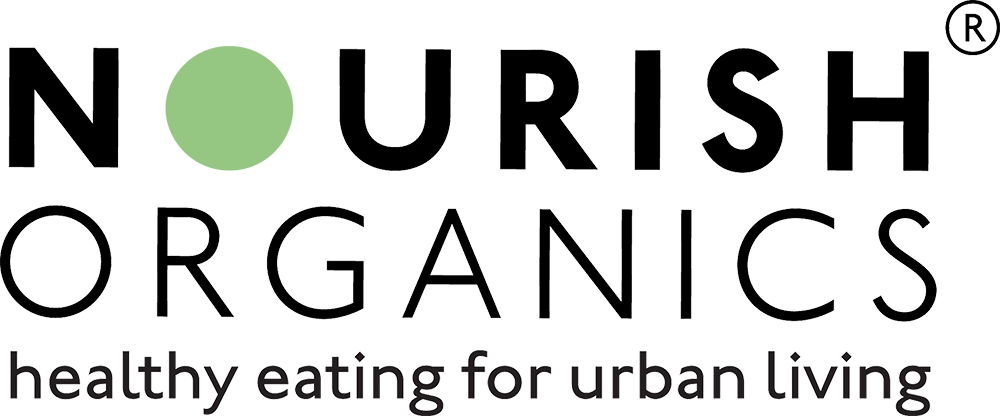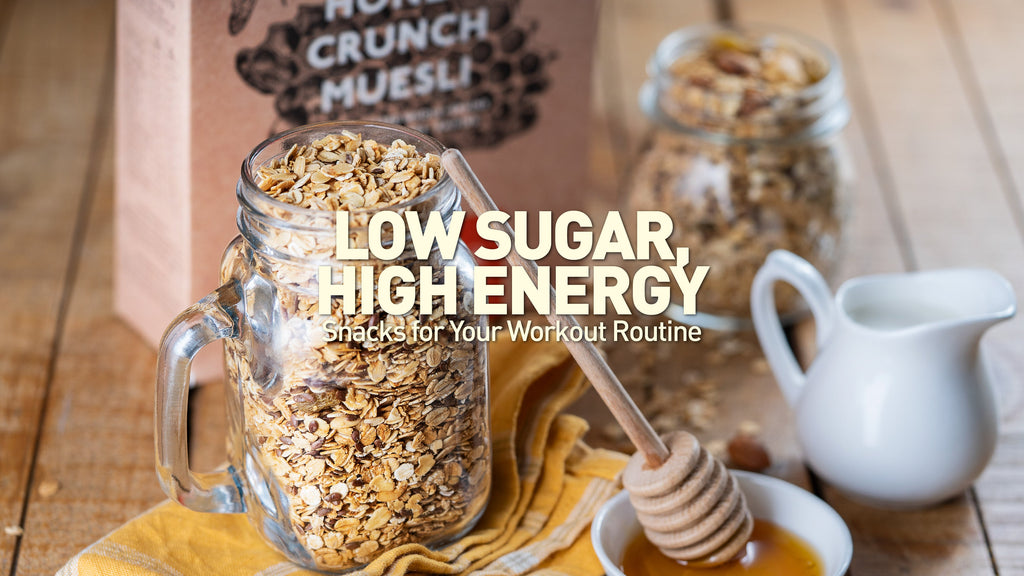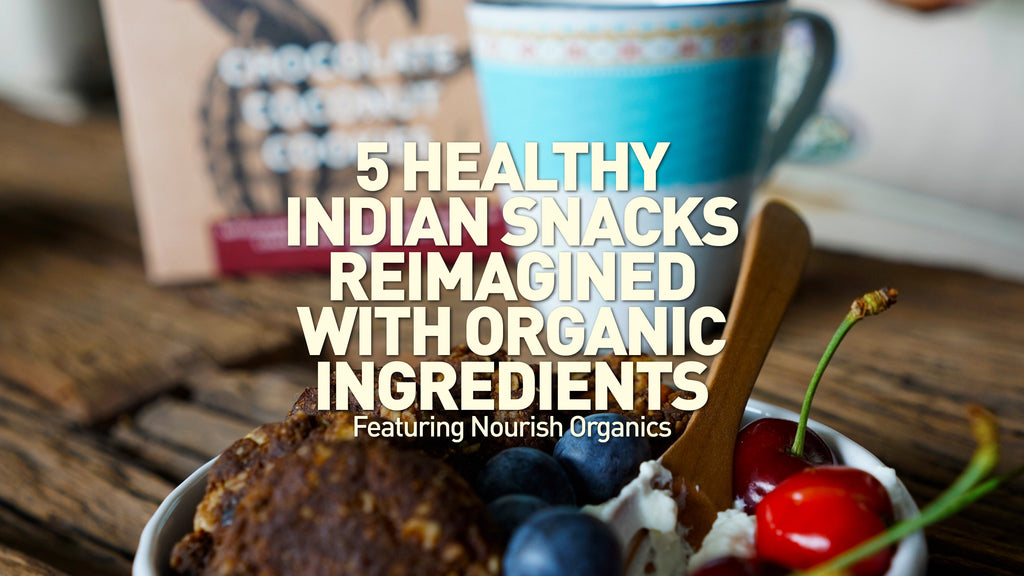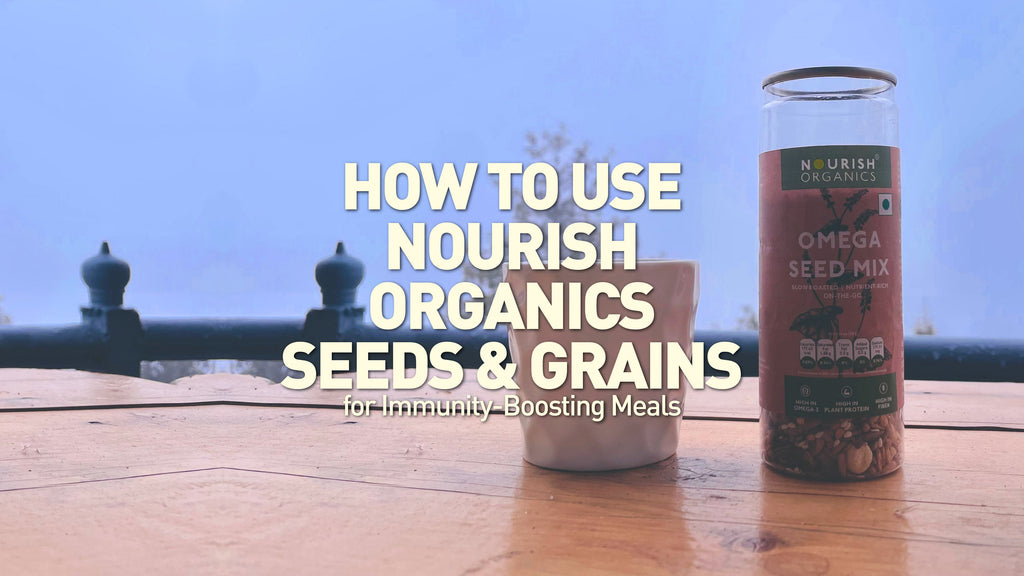
IRON DEFICIENCY IN WOMEN AND HOW TO AVOID IT

Iron deficiency occurs due to the lack of iron in the body, which can happen due to various reasons like inadequate intake of iron in the diet, blood loss during menstruation or even genetics. Studies show that iron deficiency is more prevalent in women, and especially women of reproductive age. A 2017 Global Nutrition Report stated that just over 51% of Indian women between the ages of 15 and 49 were anaemic which makes it classified as a major public health problem in our country.
Iron deficiency can be spotted through different signs and symptoms, however, even these can depend upon the severity of the deficiency, age, the current state of health, and other factors that are different for everyone. It is even possible to experience no symptoms at all, in which case it is recommended to incorporate iron rich foods in your diet without waiting for any concern. Here are some of the signs and symptoms of iron deficiency that women should look out for:
UNUSUAL TIREDNESS
Fatigue is one of the most common symptoms of iron deficiency and occurs when less oxygen reaches the body tissues, which in turn reduces energy.
PALE SKIN
This doesn’t indicate that everyone with pale skin has iron deficiency, but those with skin paler than usual do. Skin that becomes paler than usual in areas like the face, lower inner eyelids or nails can be a moderate or severe sign which is caused by lower levels of hemoglobin.
SHORTNESS OF BREATH
Feeling breathless is a symptom caused by low haemoglobin levels which in turn means your body cannot effectively transport oxygen to your muscles and tissues.
DAMAGED HAIR & SKIN
Iron deficiency leads to less oxygen reaching the skin and hair, causing them to become dry and damaged. In more severe cases, it can also lead to hair loss.
There are several other signs that point to iron being low in your body which tends to be less common and can also be linked to conditions other than iron deficiency. But it’s also essential to watch out for these other signs of iron deficiency that include strange food cravings, feeling low or depressed, cold hands and feet due to less oxygen, or getting infections more frequently.
Deficiency of iron can cause these problems that might feel mild at first but can get severe gradually. The most simple and efficient way to get healthier is by including iron-rich foods in your diet. There is a variety of iron-rich foods for women that include both non-vegetarian and vegetarian options. Diet plays an important role in moderating the development of iron deficiency. Some studies show that vegetarian women in India are significantly more likely to be iron deficient in comparison to their non-vegetarian counterparts. However, there are many iron-rich foods for vegetarians easily available to keep them healthy without compromising on their diet of choice.
Some vegetarian iron-rich foods for women include:
- Dark green and leafy vegetables such as spinach and kale
- Dried fruits like raisins and apricots
- Peas, beans, and other pulses
- Seeds like pumpkin, flaxseeds, hemp, and sesame
- Nuts like cashews, almonds, and pine nuts
- Iron-fortified cereals, bread and pastas
Some non-vegetarian iron-rich foods for women include:
- Red meat and poultry
- Seafood
- Eggs
Another important dietary factor to consider is choosing foods that contain vitamin C which can help enhance iron absorption. This can be done by drinking juices of citric fruits or consuming other vitamin C-rich foods and iron-rich foods at the same time. The vitamin C present in citrus juices like orange juice can help your body absorb dietary iron better. Other vitamin C-rich foods are broccoli, grapefruit, kiwi, leafy greens, melons, oranges, peppers, strawberries, and tomatoes. And of course, you know what they say about an apple a day! Apple is one of the richest sources of iron.
At Nourish Organics, we use naturally iron-rich ingredients like apples, raisins, seeds, cacao, and whole grains to craft our ready-to-eat-products! Check out our range of cookies, health bars, breakfast cereals, and healthy snacks for delicious, all-natural iron-rich products.
Most forms of iron deficiency can be treated relatively easily with an iron-rich diet that can be consumed on a daily basis. Whether or not you have symptoms of iron deficiency, adding iron-rich foods to your diet goes a long way in keeping you healthy and nourished!














